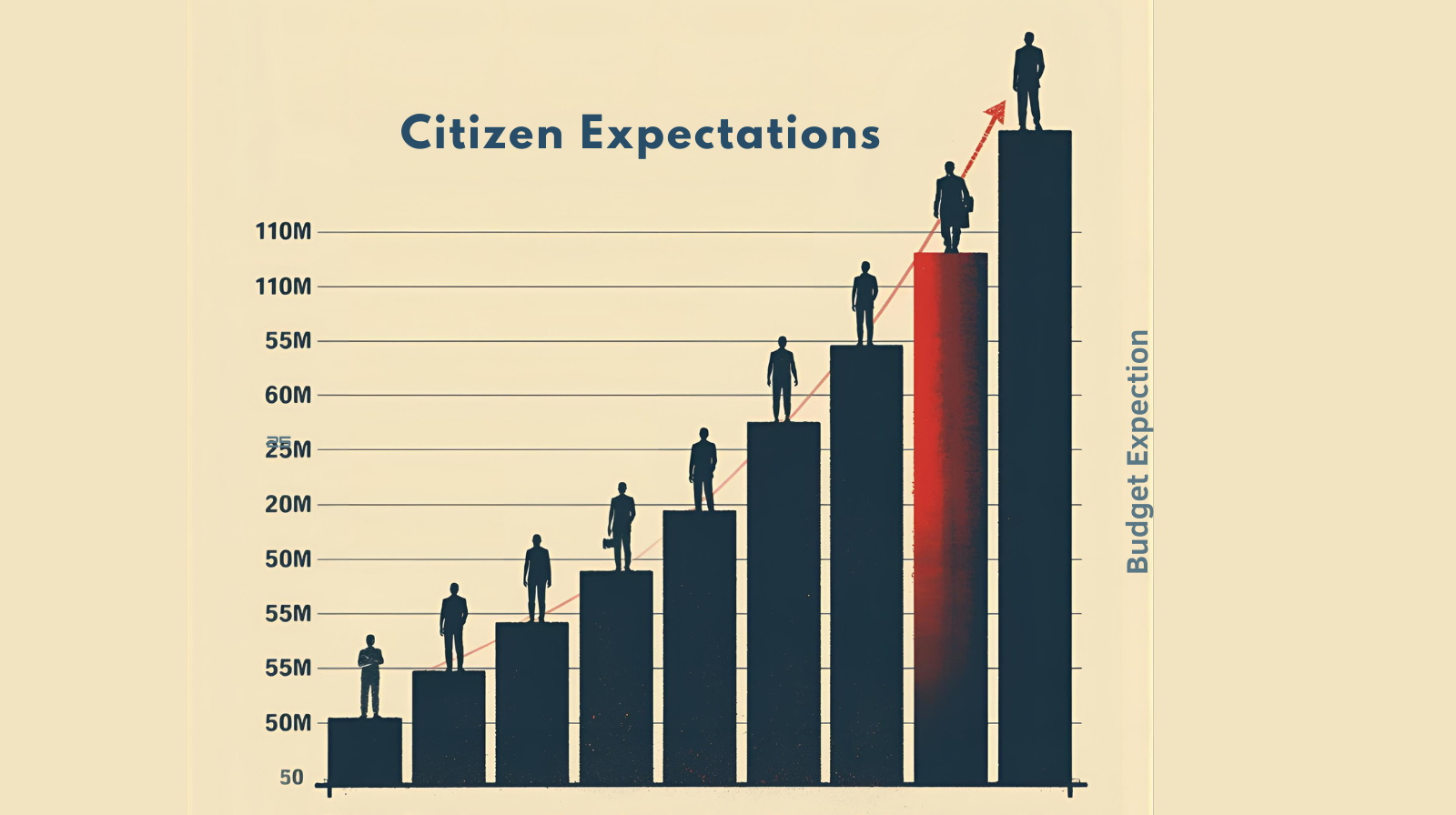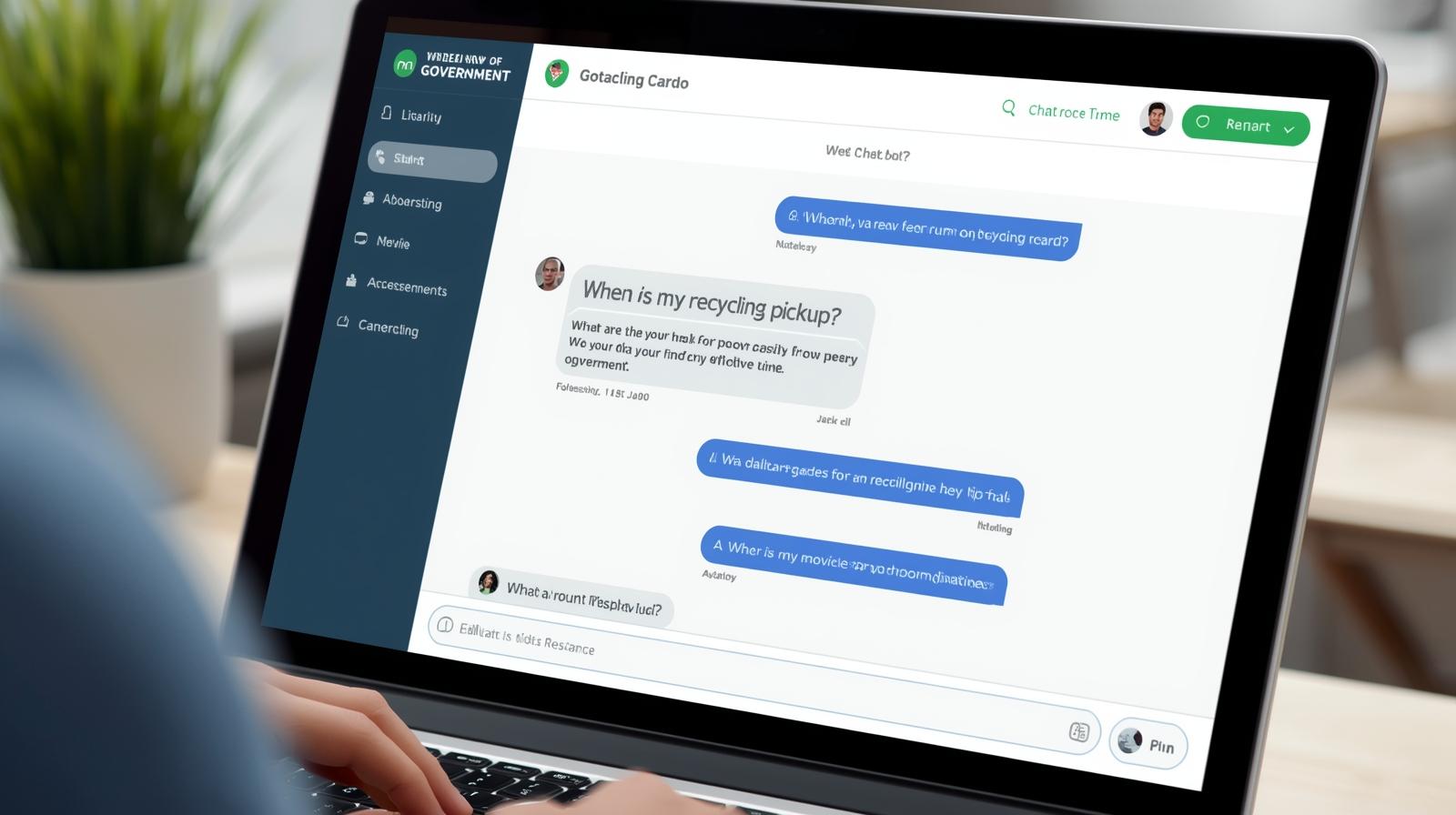AI And Automation Modernization for Trusted Local Government
Smarter Governance Begins With Smarter Tools.
Introduction
Local governments stand at a fascinating crossroads. Nimble digital frameworks are replacing the steady hum of paperwork, manual approvals, and overburdened staff. Citizens—accustomed to one-click experiences in banking, retail, and travel—are demanding equally seamless services from their local authorities. Against this backdrop, artificial intelligence (AI), automation, and technology modernization are no longer indulgences; they are lifelines for efficiency, trust, and transparency.
.jpg)
Why the Push to Modernization Is Gaining Urgency
Three factors drive urgency.
- 📉 First, Tight budgets demand more from every dollar. Local governments must stretch every dollar further than ever before.
- 📱 Second, Residents expect mobile, real-time services. Residents crave speed, clarity, and mobile accessibility.
- 📊 Third, Municipalities are benchmarking each other and private industry. Municipalities compare themselves against peer jurisdictions and private enterprises, eager to avoid lagging.
In sum, modernization has shifted from being a “someday” aspiration to a now-or-never mandate.

Key Definitions
- Artificial Intelligence: Algorithms capable of mimicking human reasoning—chatbots answering queries, or predictive tools forecasting service demands.
- Automation: The delegation of repetitive tasks to technology—routing permits requests or digitizing back-office approvals.
- Modernization: The holistic upgrade of technology ecosystems, from core infrastructure to user-facing applications, is aligned with transparency and accountability.
Current State of Adoption
Recent studies suggest more than 60% of local governments have piloted or adopted automation tools, while a smaller but growing segment—around 30%—are testing AI applications such as citizen service chatbots.
- 📝 Permit Systems: Automated workflows have trimmed approval timelines from weeks to days.
- 🤖 Virtual Assistants: Cities employ AI chatbots to field thousands of daily questions about trash schedules, property taxes, and public safety.
- 📞 Customer Q&A: Automated systems provide residents with real-time answers, reducing call center strain.

Opportunities & Benefits
- ⏱ Efficiency Gains: Processes once handled by three staffers can now be streamlined through automation, freeing personnel for higher-value duties.
- 💸 Cost Savings: Automation reduces operational costs
- 📊Reduced Human Error, Better Data Insights: Automated systems eliminate manual miskeying and offer dashboards brimming with actionable intelligence.
- 🌍 Enhanced Accessibility: Residents with disabilities benefit from digital touchpoints, while multilingual AI expands inclusivity.
.png)
Challenges & Risks
- 🔧 Legacy systems are hard to integrate
- 💰 Budgets can limit infrastructure upgrades
- ❌ Poor data leads to poor outcomes
- 😟 Staff fear job loss (even if roles just shift)
- ⚖️ Ethical use of AI is non-negotiable

Best Practices for Implementation
- 🎯 Start with simple, high-volume tasks
- 👥 Engage and train staff early
- 📈 Prove concept before scaling
- 🤝 Choose experienced vendors like Laserfiche
.png)
Future Trends
- 🧠 Predictive analytics for proactive service
- 🚓 AI-augmented public safety & workflow orchestration
- ☁️ IoT, Cloud, Edge for smart cities

Ready to Modernize?
Local governments can become faster, more inclusive, and more trusted with the right tools in place.
Download the Free GuideWritten By a DDS Staff